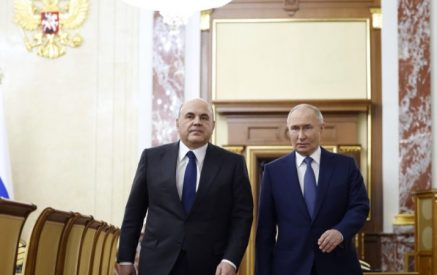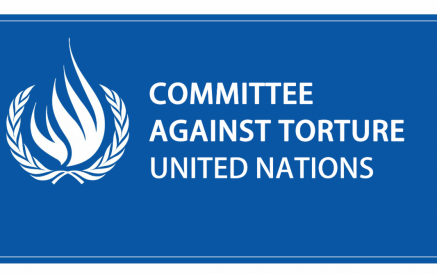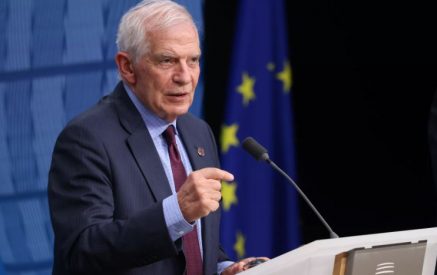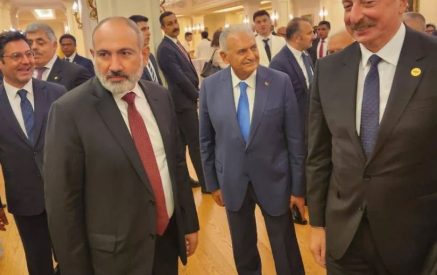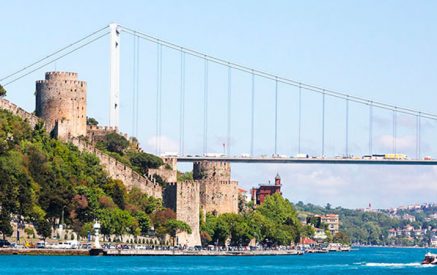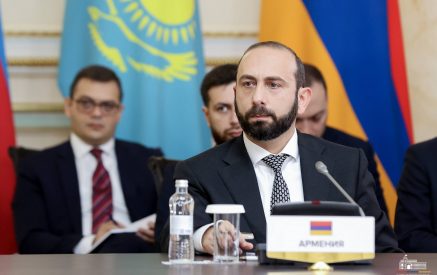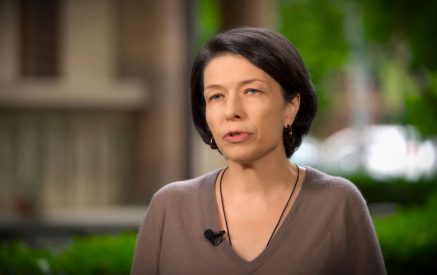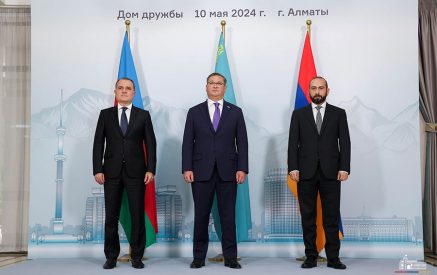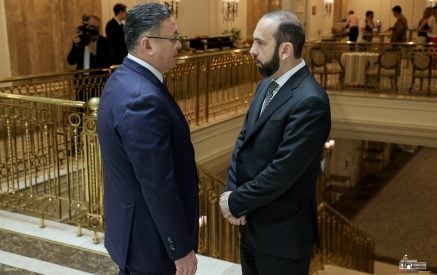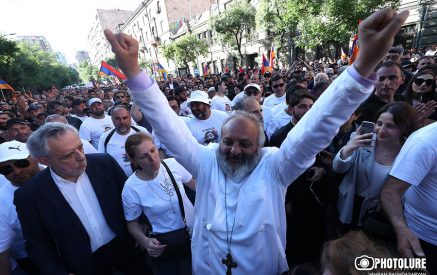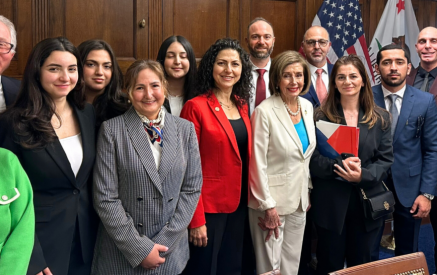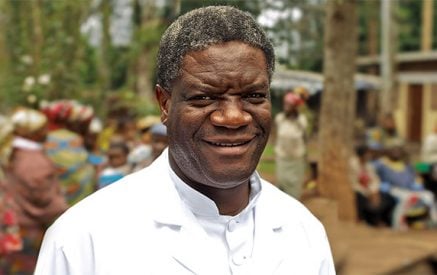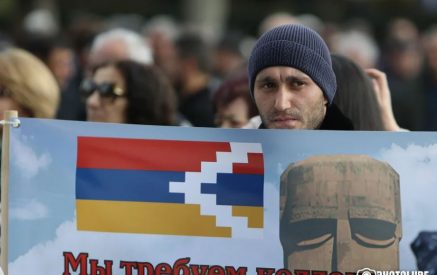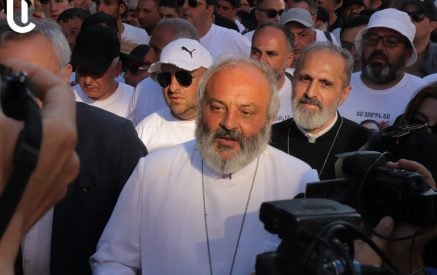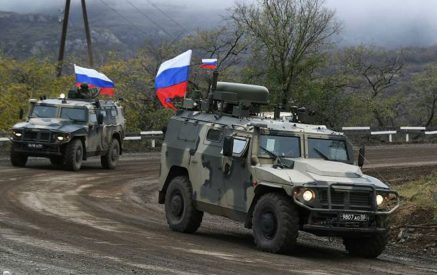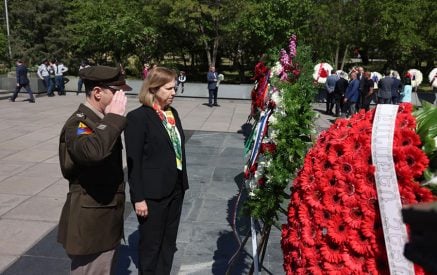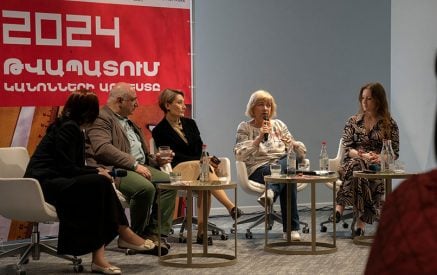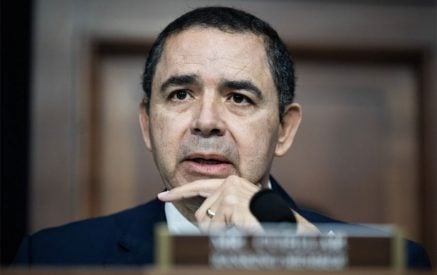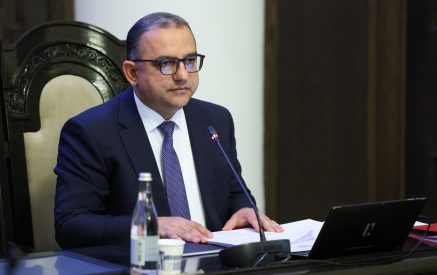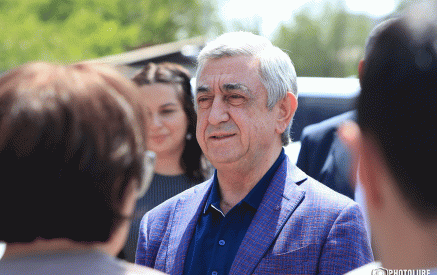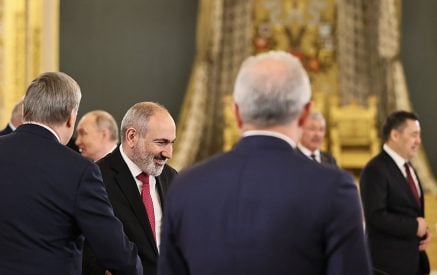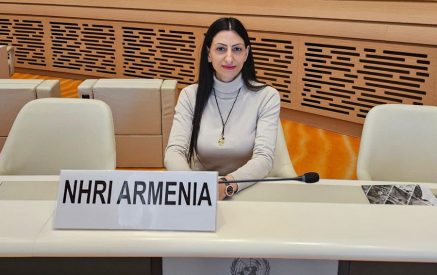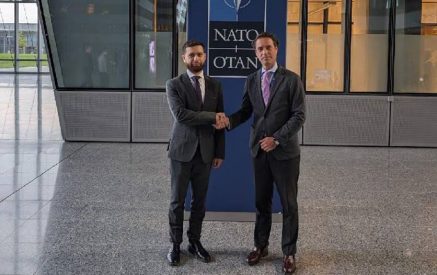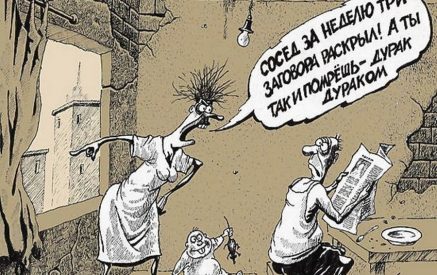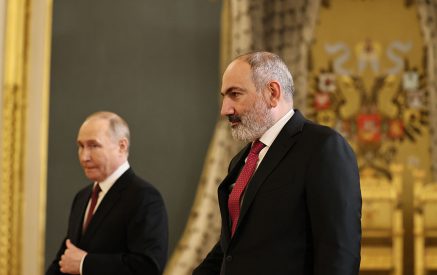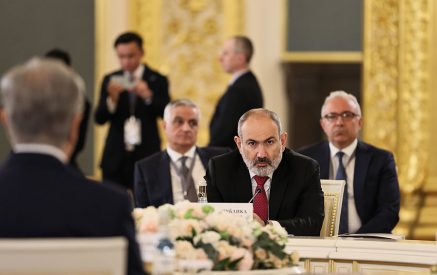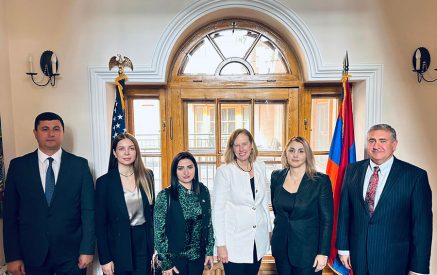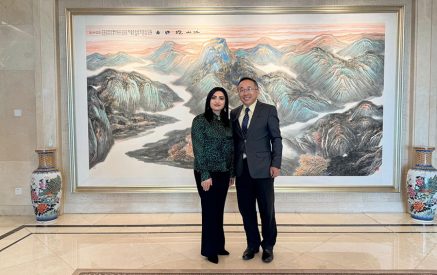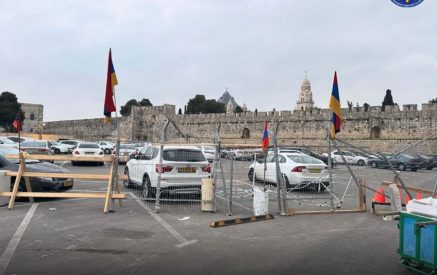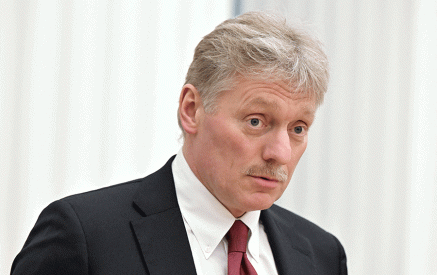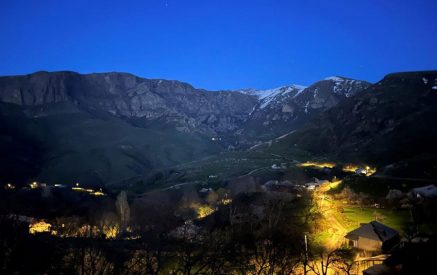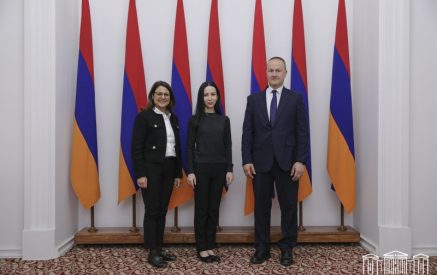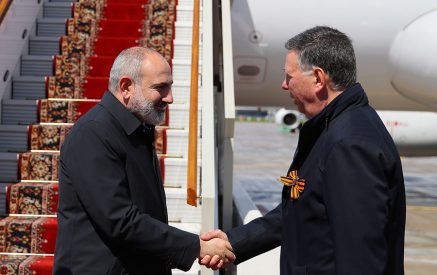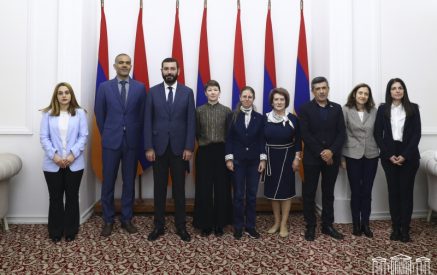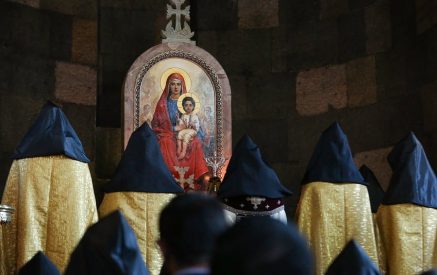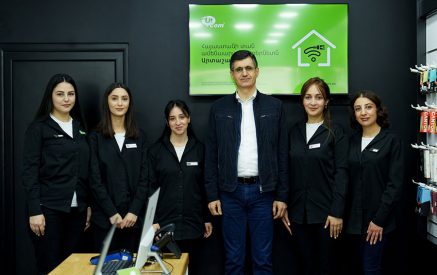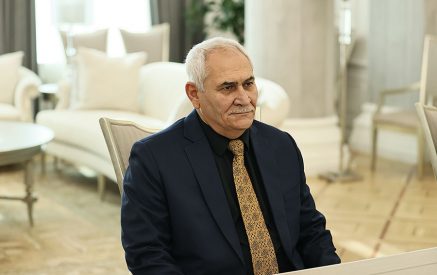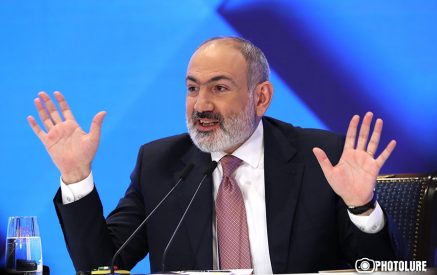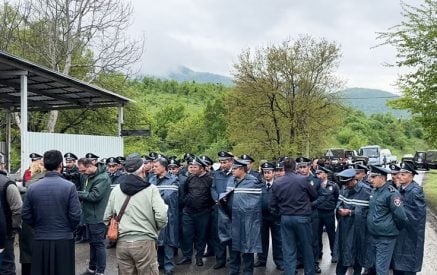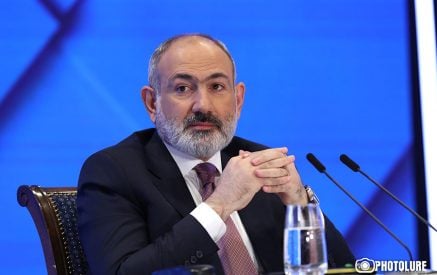On December 9, the Republic of Armenia will hold its first “snap” parliamentary elections. The meaning of this may be known to some readers. But, most in the U.S. will not have as intimate of a knowledge than those who live in countries with parliamentary systems.
Instead of holding an election on a regularly scheduled interval, a snap election happens when a government “falls” – that is for some reason loses support. This took place in the RoA a few weeks ago. It was quite deliberate and coordinated among the four parties currently in the parliament. Given the particulars of the country’s constitution, the prime minister had to resign, two efforts to elect a new PM had to be made by parliament and fail, and those two failures led to the dissolution of parliament and the calling of new elections. Meanwhile, the previous PM continues in a caretaker capacity.
The formal election period is very short, less than two weeks, but of course all those participating have been preparing for longer than that. Nine parties and two alliances (groupings of smaller parties) are fielding candidates. We are now in the heat of the election.
To get into parliament, a party or alliance must receive at least five-percent of the vote. This is where it gets complicated because there are two parallel tracks that parties in the election can and do pursue. Each party or alliance submits a prioritized list of candidates. Depending on how many votes a party/alliance gets, it will be apportioned a corresponding number of seats. Candidates starting with the first one on the party/alliance list will be seated accordingly. Remember that people cast their votes for a party/alliance not a person. That’s the first track. The second track is geographical and individual based. A party/alliance might have multiple candidates in a “marz” (province). These candidates vie not just against other parties/alliances members but also against one another. Whoever wins in that jurisdiction gets into parliament. But the votes they get also count towards their party/alliance’s overall vote tally in trying to break that five-percent threshold and maximize the number of seats in parliament. Removing this “rating” system (as it has been dubbed) was one of the proposed reforms that failed to pass by just one vote.
So now the election is in full swing. Campaigns are attacking one another and coming up with advertising. Some of the Republican Party’s ads have drawn much derision. Remarks by one of Pashinyan’s cohorts about the relative importance of the Spring uprising that toppled Serzh Sarkisian and the liberation of Artsakh have garnered harsh criticism, even from Sdepanagerd (Stepanakert). Of course Pashinyan hit back telling them to stay out of Armenia’s business (a worrisome mindset reflecting a sentiment that sees Artzakhtzees as “others”). In turn, Pashinyan has been criticized by the Armenian Revolutionary Federation (ARF) for favoring the extensive powers granted by the new constitution to the prime minister, since he had opposed them prior to taking office. There’s rich irony on both sides of this last kerfuffle since it is the ARF that spearheaded the major constitutional change that ushered in the parliamentary system now in place, while Pashinyan was among those opposed to the changes.
It’s good to see what looks like a normal election campaign going on with all factions trumpeting their upsides and their opponents’ downsides. Reports of some of the old-style arm twisting using the levers of state by the current regime have been heard.
Given what I’ve read, some of the election chatter I’ve heard, and the developments of the last six months, it seems Pashinyan will win big. He will do especially well in Yerevan, but less so in areas outside the capital. I won’t hazard a guess as to whether he will be capped by the constitutional requirement that at least one-third of parliament be composed of opposition forces. This is a way of guaranteeing that minority political forces do not become totally excluded from the country’s political discourse.
As to my party’s chances, I think the ARF faces a steep uphill climb in this election. But, it also seems like the most energetic campaign yet is being run by the ARF.
It would be interesting to hear everyone else’s predictions about this election.

